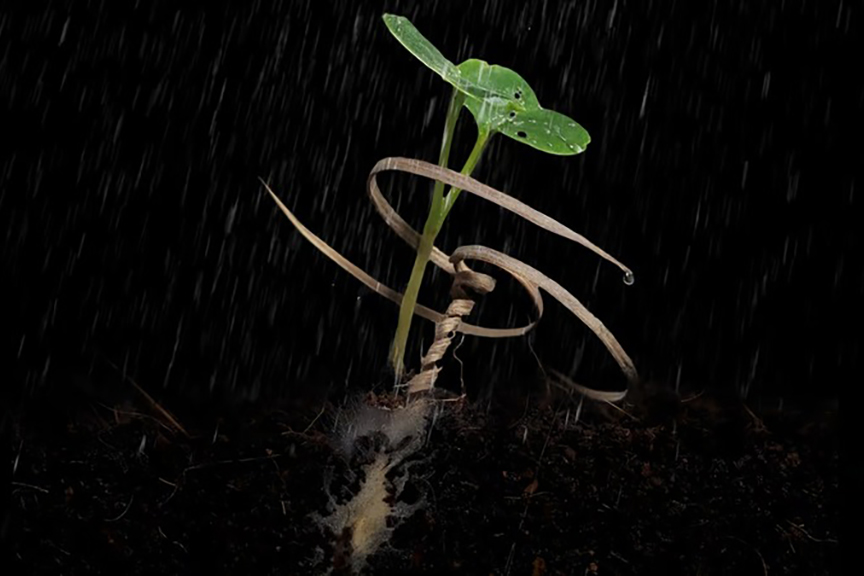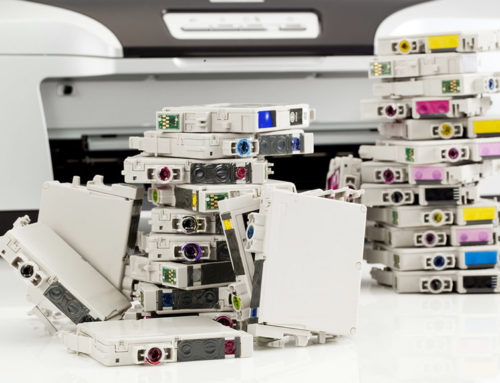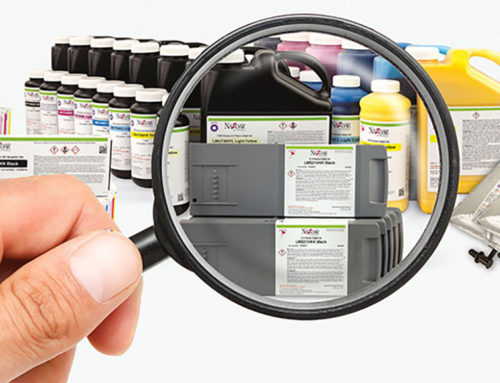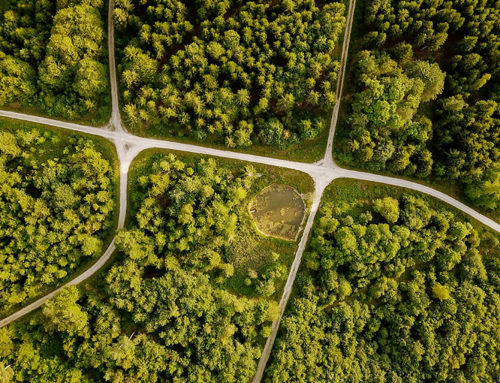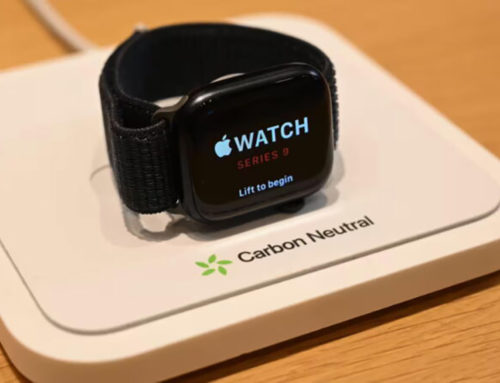In a world grappling with mounting ecological challenges, there is more than hope found through science and it gives us something positive to focus on and support. An ingenious creation known as the “Erodium Copy” robot has emerged as a beacon of hope for our beleaguered ecosystems.
Developed by the brilliant minds at the Morphing Matter Lab, this innovation promises to be a game-changer in the fight to restore our planet. Taking inspiration from the natural world, this robot offers a remarkably simple yet effective solution to one of humanity’s most pressing problems: reforestation. Even better news, it’s not exactly a robot – it’s a 100% biodegradable device that functions as life would in nature.
What sets the “Erodium Copy” apart is its keen emulation of natural processes. With three anchor points and an eco-friendly Oakwood construction, it expertly buries seeds deep into the soil, protecting them from the elements and hungry wildlife. Extensive testing, including drone-aided seed airdrops with an impressive 90% success rate, highlights its efficiency. This remarkable innovation breathes new life into our ecosystems, offering hope for a greener, more sustainable future.
Researchers at Carnegie Mellon University have revolutionized the structure of seeds to create a robot that can efficiently plant them. Aerial seeding, a common technique in remote areas, often results in inefficient seed dispersal, leading to low germination rates. Seeds left on the surface are vulnerable to weather conditions and wildlife interference. However, some seeds, like those of the Erodium plant, possess the remarkable ability to bury themselves—an adaptation that would benefit all seeds. The scientists designed a biodegradable seed system with a wood-based seed carrier featuring three coiled tails. When moistened, these tails unwind and carry seeds deep into the ground, mirroring the Erodium’s natural mechanism. These innovative carriers boast an 80% success rate on challenging flat terrain, reducing the risk of seeds being dispersed or consumed by animals. Beyond reforestation, these carriers have the potential to deploy fertilizers and sensors for various agricultural and conservation applications.
The “Erodium Copy” robot and its seed carriers could revolutionize aerial seeding, a method critical for quickly covering large and inaccessible areas. This innovation offers a solution to the problem of low germination rates associated with unburied seeds exposed to the elements. Inspired by the Erodium plant’s unique seed-drilling mechanism, these carriers transform wood veneer into highly stiff and hygromorphic bending actuators, capable of drilling seeds into the ground efficiently. With an 80% success rate on flat land, they outperform natural Erodium seeds, which have a success rate of 0%. These versatile carriers can transport various payloads, from plant seeds to biofertilizers, offering potential applications in agriculture, conservation, and even soft robotics and sustainable building projects. The “Erodium Copy” robot and its innovative seed carriers promise to alleviate agricultural and environmental stresses, providing a sustainable and effective solution to our reforestation and ecosystem restoration needs.

